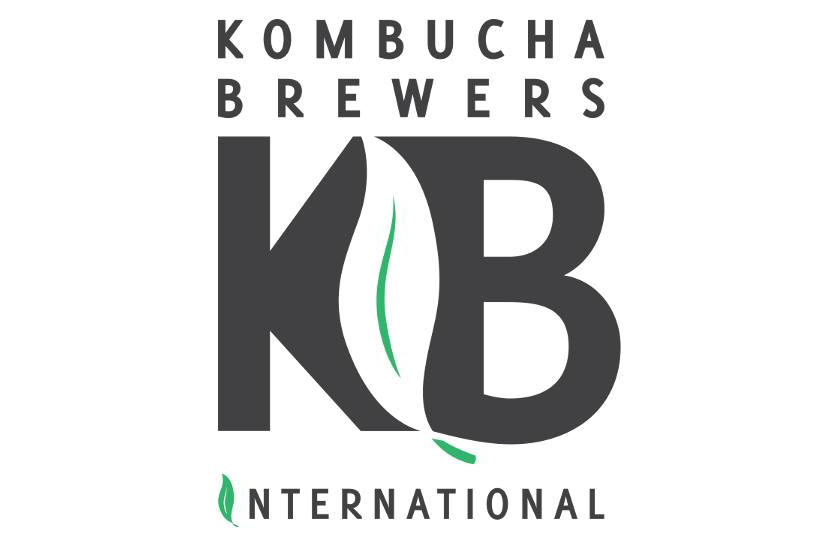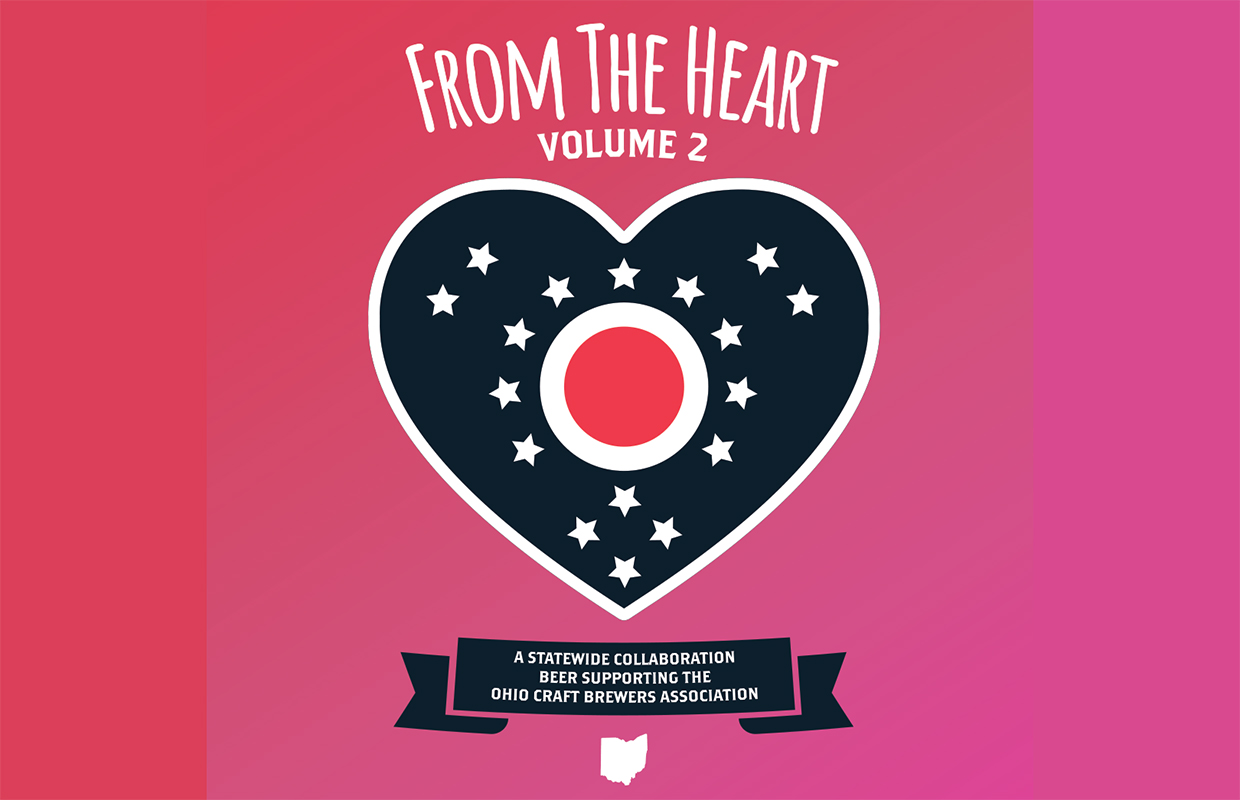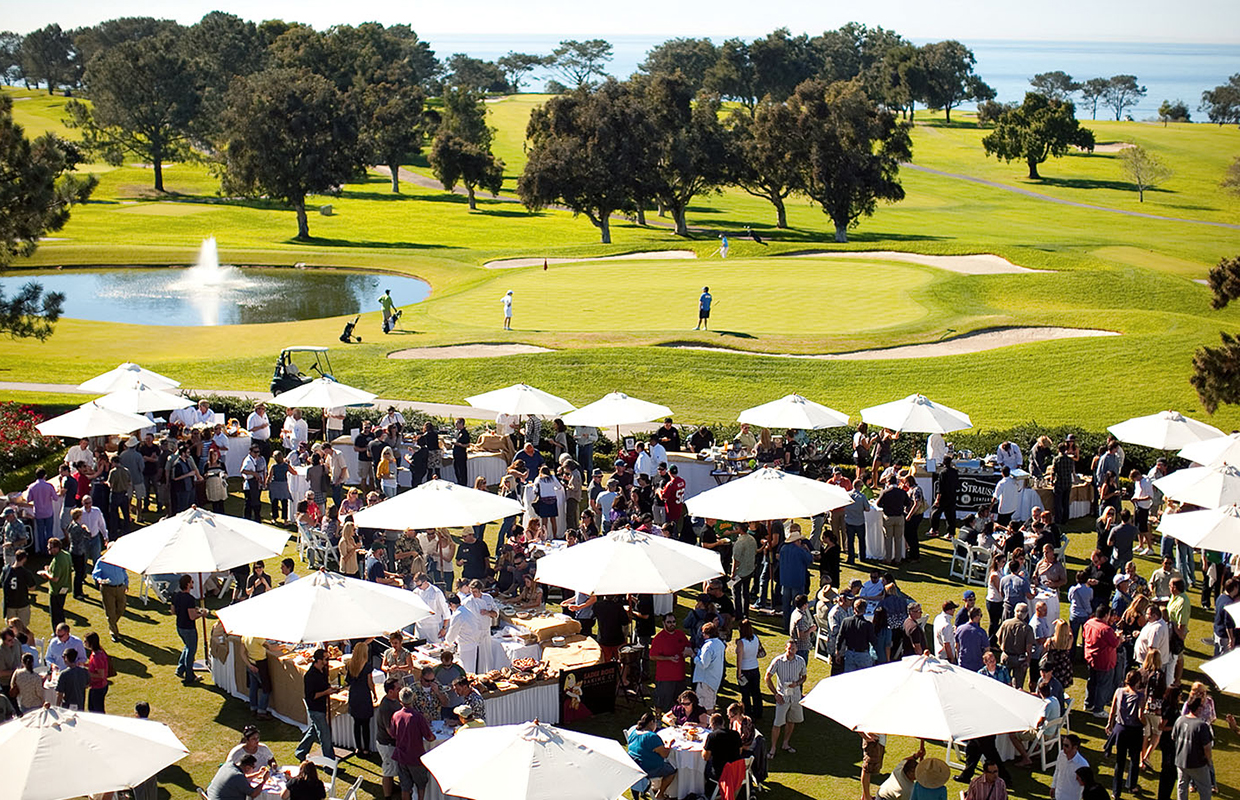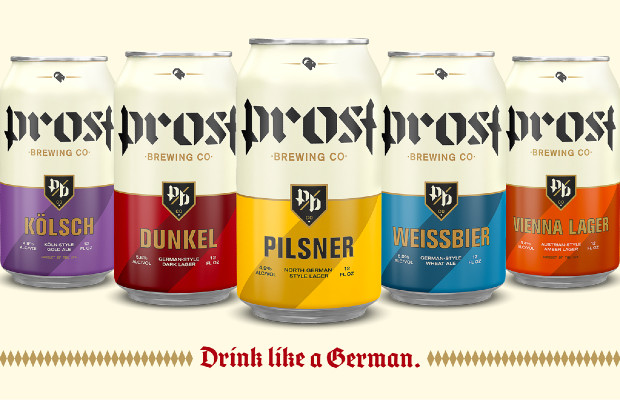
Recently, the Department of Revenue in South Carolina (SC DOR) was posed a curious question: Is kombucha considered a “similar fermented beverage” to beer? This question created confusion as to how kombucha with an ABV of 0.5% and below ought to be regulated and by whom.
At the crux of the confusion is language about the definition of “non-alcoholic or non-intoxicating” beverages and how they ought to be regulated in the tax code. Kombucha, like all fermented foods and drinks, contains trace amounts of ethanol and is non-intoxicating. As such, kombucha is regulated by the FDA assuming it is under 0.5% ABV.
Following a guidance from the SC DOR that was issued in April, the South Carolina Retailers Association (SCRA), helmed by Lee Ann Watson, was notified that retailers would need to card anyone who purchased kombucha regardless of ABV level. It also meant that kombucha would no longer be available for curbside pickup or home delivery.
Several retailers and distributors contacted kombucha brands to alert them to this change in regulation and KBI immediately responded. After several conversations with a variety of stakeholders, it quickly became clear that SC DOR was not desirous of regulating kombucha as an alcoholic beverage.
“Crisis creates community. Our mission is to advocate and protect kombucha and that’s exactly what we were able to do here thanks to the cooperation of several KBI member and non-member brands. We also appreciate that we were able to create new relationships with the SCRA and the SC DOR as we worked together to create a harmonious resolution,” stated KBI President, Hannah Crum.
“Every time we are called to support commercial producers to advocate on their behalf with government agencies, we validate the category. Our very existence means that kombucha is not a fad rather it is a necessary beverage segment that will only continue to grow. We appreciate every opportunity to interface with regulators to help them better understand our product and processes,” said Zane Adams, Chairman of the Board (KBI) and co-CEO of Buchi Kombucha part of FedUp Foods.
KBI shared scientific research papers from the Kombucha Research Database, the Kombucha Code of Practice and “The Big Book of Kombucha” (2016, Storey Publishing) to validate the information shared about the nature of kombucha in relation to other higher alcohol fermented beverages. Ultimately the SC DOR agreed that it was not their intention to regulate kombucha as an alcoholic beverage. The updated guidance is now available on the South Carolina website – https://dor.sc.gov/tax/abl/faq






Be the first to comment